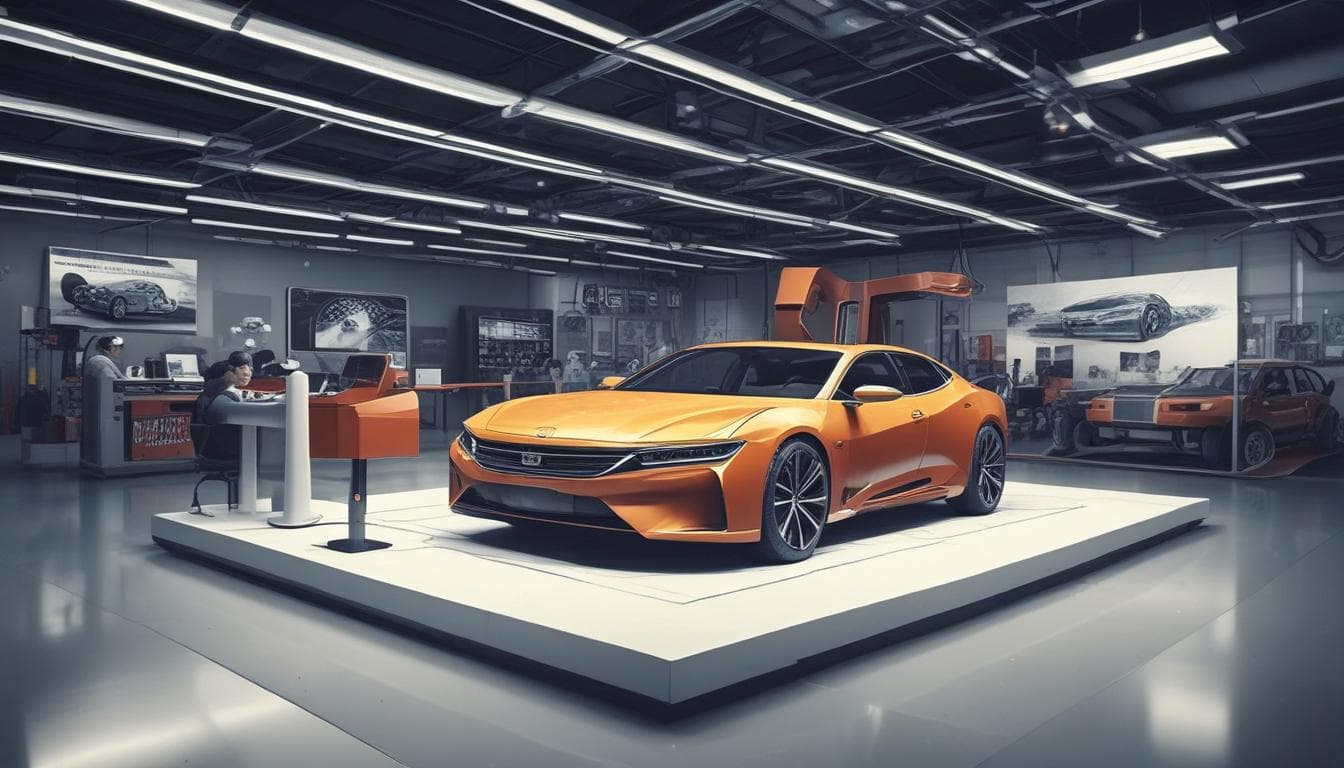With the increasing sophistication of AI in vehicles, how do you envision the future of in-car emotional support systems? Could AI companions alleviate stress, boredom, or loneliness on long journeys, or even act as co-pilots for anxious drivers? What are the potential benefits and drawbacks of such a deeply integrated emotional connection between humans and their cars?
The concept of AI-powered in-car emotional support systems is quite fascinating and promises to revolutionize how we interact with our vehicles. Here's a breakdown of what the future could hold for these AI companions:
Potential Benefits
- Stress Reduction: AI companions could use biometric data (like heart rate or voice tone) to gauge your emotional state. If stress levels rise, they could initiate calming exercises, play soothing music, or even suggest a break, tailoring responses to individual needs.
- Enhancing Focus: For anxious drivers, AI systems could remind them of driving best practices or provide reassurance and guidance, ultimately enhancing their concentration and safety on the road.
- Entertainment and Engagement: These systems could provide interactive entertainment options, such as games, audiobooks, or trivia, reducing boredom during long trips and keeping the driver alert and engaged.
- Loneliness Mitigation: With advanced conversational AI, these companions may offer an engaging interaction, easing the feeling of solitude, especially for those who often travel alone.
Potential Drawbacks
- Privacy Concerns: Constant monitoring of emotional states and personal interactions could raise significant privacy issues. It's crucial to ensure data is securely handled and user consent is prioritized.
- Dependence: Heavy reliance on virtual companions might reduce human interactions, potentially leading to social isolation outside the vehicle context.
- Complexity vs. Usability: Ensuring these systems remain intuitive and user-friendly is key. Overcomplicated interfaces might detract from their intended supportive role.
Future Considerations
- Data Security: Developing robust data protection frameworks should be a priority, ensuring all personal and emotional data collected by AI systems are kept secure.
- Customization: Allowing users to tailor their AI companion's personality and functionalities could enhance user experience, making the interaction more personal and meaningful.
- Ethical Use: Setting clear ethical guidelines for the deployment and use of such technology can prevent misuse and ensure it remains beneficial.
In conclusion, while AI companions in cars could bring significant benefits in terms of emotional support, their development must be approached with careful consideration of privacy, ethical standards, and user-centric design to truly revolutionize the driving experience.
このトピックについてさらに詳しく探る
会話に参加する
- 車が感情を持ったら?未来の移動体験を想像しよう!
もし車が感情を持つようになったら、私たちの生活はどう変わるのか?自動運転技術の進化によって、車は私たちの感情を理解するパートナーになるかもしれません。喜び、悲しみ、興奮など、感情を共有する未来の移動体験について語り合いましょう。
- 車が夢を見たら?:自動運転車と夢の共有が未来を変える?
自動運転車が夢を見る未来…車のAIが人間の感情や記憶を学習し、夢を共有できるようになったら、私たちの生活はどう変わる?車から得られる情報やインスピレーションの可能性とは?
- 車が感情を持ったら?社会や文化への影響を議論!
車が感情を持つようになった未来、私たちの社会や文化はどう変わる?交通ルール、運転マナー、車とのコミュニケーション、人間との感情の相互作用…様々な側面から自由に意見交換しましょう。





